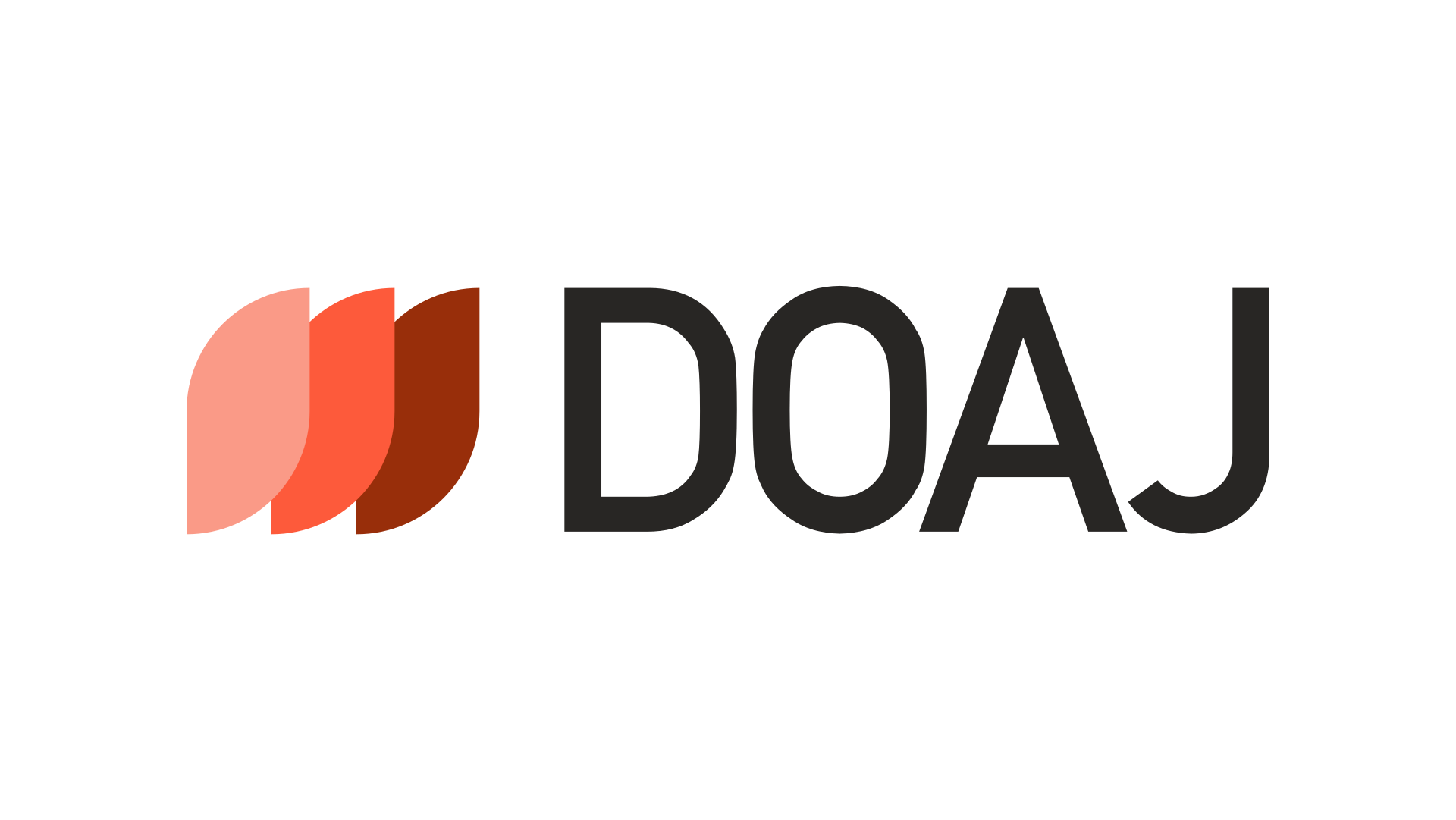The management model of Ceking Terrace Tegallalang based on sustainable tourism development
DOI:
https://doi.org/10.38043/revenue.v4i2.5122Keywords:
Management model, sustainable tourism developmentAbstract
Indonesia's rich natural beauty and biodiversity made it a prime destination for both domestic and international tourists, significantly contributing to the nation's economic growth. The tourism sector, closely linked to sustainable development, required careful management to ensure the continuity of natural and socio-cultural resources. This study examined the management model of the Ceking Terrace tourist attraction in Tegallalang Village, Bali, a region renowned for its terraced rice fields and cultural richness. Employing a qualitative descriptive approach, data were collected through observation, documentation, and in-depth interviews with various stakeholders, including management officials, local community leaders, and tourists. The study revealed that the Ceking Terrace was managed using the Planning, Organizing, Actuating, and Controlling (POAC) model, which effectively enhanced local revenue and community welfare. The management focused on maintaining environmental sustainability, socio-cultural values, and economic benefits, aligning with the Tri Hita Karana principle that emphasized harmony between humans, nature, and spirituality. Despite its popularity, the site faced challenges such as inadequate public facilities, which hindered optimal tourist satisfaction and accessibility. Recommendations for improving the management of Ceking Terrace included better recruitment and salary distribution for employees, enhancing public facilities, and fostering partnerships with travel agents to boost tourist visits. The study underscored the importance of sustainable tourism development practices to ensure long-term benefits for both the local community and the environment.
References
Articles
Astawa, I. P., Sukawati, T. G. R., and Sugiartha, I. N. G. (2019). Developing a harmonious culture-based sustainable event model in Bali Tourism Village. Geo Journal of Tourism and Geosites, 25(2), 446-462.
Cristian, D., Maria, L., Artene, A., and Duran, V. (2015). The components of sustainable development - a possible approach. Procedia Economics and Finance, 26(15), 806–811. https://doi.org/10.1016/S2212- 5671(15)00849-7.
Dewi, A. A. I. A. A. (2016). Community-Based development: Community-Based coastal area management model. Jurnal Penelitian Hukum, 18(2), 163-182. http://dx.doi.org/10.30641/dejure.2018.V18.163-182
Dwijayanthi, P. T., Jones, K., and Satyawati, N. G. A. D. (2017). Indigenous people, economic development and sustainable tourism: A comparative analysis between Bali, Indonesia and Australia. Udayana Journal of Law and Culture, 1(1), 16-30. http://dx.doi.org/10.24843/UJLC.2017.v01.i01.p02
Fauzi, A., and Oxtavianus, A. (2014). The measurement of sustainable development in Indonesia. Jurnal Ekonomi Pembangunan, 15(1), 68–83.
Hidayat, M. (2011). Strategi perencanaan dan pengembangan obyek wisata (Studi kasus pantai pengandaran kabupaten Ciamis Jawa Barat). Jurnal Politeknik Negeri Bandung, 1-11.
Kawuryan, M. W., Fathani, A. T., Purnomo, E. P., Salsabila, L., Azmi, N. A., Setiawan, D., and Fadhlurrohman, M. I. (2022). Sustainable tourism development in Indonesia: Bibliometric review and analysis. Indonesian Journal of Geography, 54(1), 154-166. http://dx.doi.org/10.22146/ijg.64657
Kurniawan, R., and Managi, S. (2018). Economic growth and sustainable development in Indonesia: an assessment. Bulletin of Indonesian Economic Studies, 54(3), 339-361. https://doi.org/10.1080/00074918.2018.1450962
Lemy, D. M., Teguh, F., and Pramezwary, A. (2019). Tourism development in Indonesia. In Delivering Tourism Intelligence, 11, 91-108. Emerald Publishing Limited.
Lestari, N. E. and Budhi, K. S. (2015). Institutional strengthening and community empowerment model in the development of Jatiluwih village as a community-based ecotourism village a study at Jatiluwih Village, Bali Province – Indonesia. International Journal of Economics, Commerce, and Management, 3(12), 251-263.
Mayuzumi, Y. (2022). Is meeting the needs of tourists through ethnic tourism sustainable? Focus on Bali, Indonesia. Asia-Pacific Journal of Regional Science, 6(1), 423-451.
Nasbi, I. (2017). Manajemen kurikulum: Sebuah kajian teoritis. Jurnal Idaarah, 1(2), 318-330. https://doi.org/10.24252/idaarah.v1i2.4274
Pickel-Chevalier, S., and Budarma., K. I. (2016). Towards sustainable tourism in Bali. A Western paradigm in the face of Balinese cultural uniqueness. Mondes du tourisme, (Hors-série). http://dx.doi.org/10.4000/tourisme.1187
Pratiwi, N., Santosa, D. B., and Ashar, K. (2018). Analisis implementasi pembangunan berkelanjutan di Jawa Timur. JIEP, 18(1), 1-13.
Purba, A. W. B. (2016). Analisis daya tarik wisata minat khusus di Baliwoso Camp Desa Pengotan Kabupaten Bangli. Jurnal Destinasi Pariwisata, 4(2).
Purnamawati, I. G. A., Jie, F., and Hatane, S. E. (2022). Cultural change shapes the sustainable development of religious ecotourism villages in Bali, Indonesia. Sustainability, 14(12), 7368.
Risfandini, A., and Sunardi, S. (2017, August). The application of sustainable development concept for tourism development in Indonesia. In Proceedings of International Conference of Graduate School on Sustainability, 1(1), 232-244.
Sukmawati, N. M. R., Ginaya, G., Widowati, S., Widhari, C. I. S., and Dyah, W. (2022). Bali quality and sustainable tourism development towards local economic impact. Int. J. Soc. Sci. Hum. Res, 5(12), 5921-5928. http://dx.doi.org/10.47191/ijsshr/v5-i12-77
Sutawa, G. K. (2012). Issues on Bali tourism development and community empowerment to support sustainable tourism development. Procedia economics and finance, 4, 413-422. https://doi.org/10.1016/S2212-5671(12)00356-5
Yachya, Wilopo and Mawardi. (2016). Pengelolaan kawasan wisata sebagai upaya peningkatan ekonomi masyarakat berbasis CBT (Community Based Tourism) (Studi pada Kawasan Wisata Pantai Clungup Kabupaten Malang). Jurnal Administrasi Bisnis, 39(2), 107-116.
Books
Arikunto, S. (2010). Prosedur Penelitian Suatu Pendekatan Praktek. Rineka Cipta.
Azis, I. J. (2019). PowerPoint: Living Standards & Middle-Income Trap: Indonesia’s Challenges [Talk Show]. Faculty of Economics, University of Udayana, Bali.
Follet, M. P. (1997). Definition of Management. Indeks.
Graci, S. (2016). Collaboration and Partnership Development for Sustainable Tourism in Understanding Tropical Coastal and Island Tourism Development (pp. 25-42). Routledge.
Hasibuan. (2010). Manajemen Sumber Daya Manusia (Edisi Revisi). PT Bumi Aksara.
Manullang. (2002). Dasar-Dasar Manajemen. Gadjah Mada.
Miles, M. B., and Huberman, A. M. (1994). Qualitative Data Analysis: An Expanded Sourcebook. Sage.
Spillane, J. J. (1994). Pariwisata Indonesia Siasat Ekonomi dan Rekayasa Kebudayaan. Kanisius.
Sugiyono. (2017). Metode Penelitian Kombinasi (Mixed Methods). Alfabeta.
Terry and Leslie. (2003). Dasar-Dasar Manajemen. PT Bumi Aksara.
Websites
Pemerintahan Kabupaten Gianyar. (2014). Profil daerah kabupaten Gianyar tahun 2014. https://gianyarkab.go.id/profil/gianyar-dalam-angka-2014
Downloads
Published
How to Cite
Issue
Section
License
Copyright (c) 2023 Pande Putu Tobi Sukmadiarta, Ni Nyoman Sunariani

This work is licensed under a Creative Commons Attribution-ShareAlike 4.0 International License.











